The Importance of SEO Programming

SEO programming, or coding, is the process of writing website code in such a way that it optimizes a website for better visibility and search engine rankings.
This includes coding for keyword optimization, proper use of titles and meta tags, ensuring the website is accessible to search engine crawlers, and other techniques.
In this article, we’ll discuss the fundamentals of SEO programming and how it can help your website rank better in search engine results.
What is SEO Programming?
SEO programming is the process of understanding, writing, or changing code for a website in order to optimize it for better visibility in search engine results.
This includes technical aspects such as:
• Writing the code in the correct syntax and structure to ensure it is read correctly by search engine crawlers.
• Insert targeted keywords in the HTML code in order to make them more visible to search engine crawlers.
• Ensuring that every page is linked properly and there are no broken links or redirections.
• Setting up meta tags and titles that are optimized for the target keywords.
• Improving website loading speed and mobile responsiveness.
• Making sure that the website is crawlable by search engine bots.
• Making the website more accessible for users with disabilities, as accessibility and SEO go hand in hand.
• Creating an XML sitemap for search engine crawlers.
• Implementing redirects via the .htaccess file
• Implementing schemas or structured data so that search engines can better understand the content on the website.
• Implementing SSR or server-side rendering to improve the crawl ability of dynamic webpages.
• Ensuring that the robots.txt file is properly configured to give instructions to search engine crawlers.
Ultimately, SEO programming involves making sure that your website’s code is optimized in every possible way so that it can be easily read and understood by both human users and search engines alike, as a part of a holistic SEO strategy.
Why is SEO Programming Important?
SEO programming plays a crucial role in optimizing a website for better visibility and ranking in search engine results.
Without proper programming, even the most well-designed website may not be able to reach its full potential in terms of traffic and search engine ranking.
Even a small wrong code or a missing tag can have a negative impact on a website’s search engine ranking (for example, a wrong canonical tag, or a no index tag by mistake).
Therefore, having a solid understanding of SEO programming is crucial for any business or individual looking to optimize their website for search engines, so when hiring a freelance SEO or a professional SEO agency, it is important to make sure that they have the necessary knowledge and experience in website programming in order to achieve the best results.
Want More Traffic?
What Coding Languages Should SEO Learn
SEOs can do a great job even without coding experience, thanks to the many tools, plugins, and services available.
However, for certain tasks, or dealing with common SEO issues it can be an advantage to be familiar with the following coding languages:
1. HTML
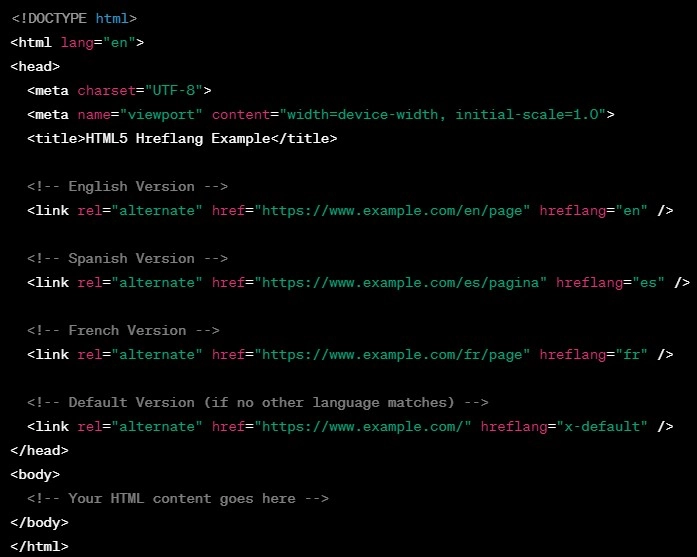
The most foundational language for SEO programming is HTML (Hypertext Markup Language).
HTML 5 is the latest version and it provides numerous features to make website coding more efficient and user-friendly.
SEOs should have a basic understanding of HTML in order to create or modify elements such as titles, meta descriptions, heading tags, canonical tags, etc.
Taking advantage of HTML5 elements can help with creating more structured and semantic websites, which can have a positive impact on SEO.
2. CSS
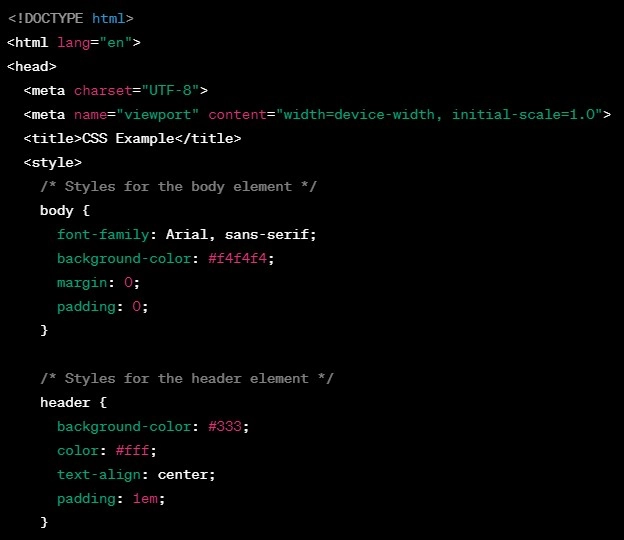
While not technically a coding language, understanding CSS will help you make sure your web pages are presented properly, as well as improve their loading speed.
3. JavaScript
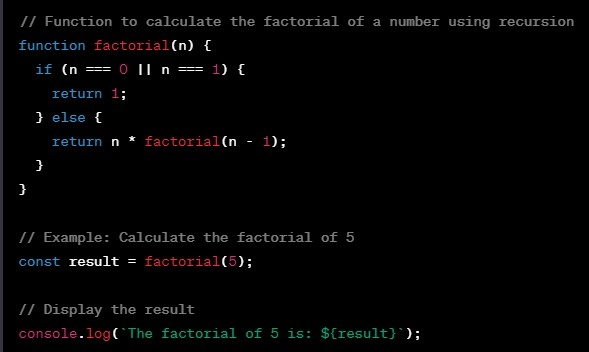
JavaScript is a powerful language that can be used to make webpages interactive and dynamic.
SEOs should understand how JavaScript works in order to ensure that it is used correctly and does not interfere with search engine crawlers.
4. PHP
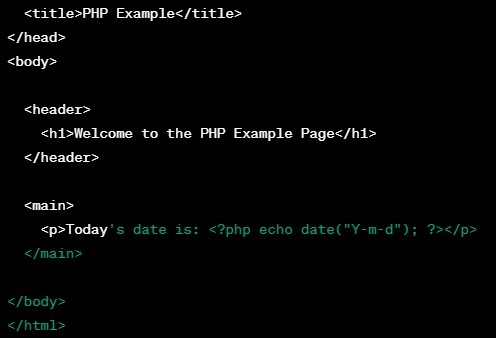
PHP is a popular scripting language that can be used to add dynamic content and features to web pages.
SEOs should be familiar with the basics of PHP in order to optimize dynamic pages for better visibility in search engine results.
5. JSON-LD
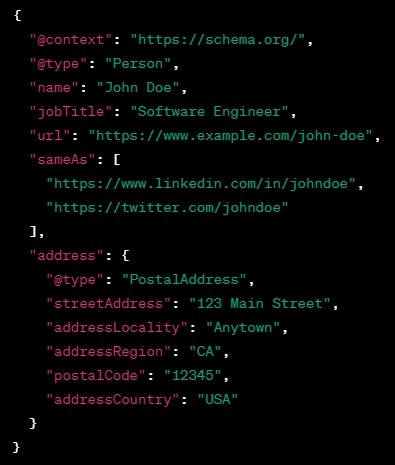
JSON-LD is a form of structured data that can be used to help search engines better understand the content on a webpage.
This can help improve the visibility of web pages in search engine results.
6. Python
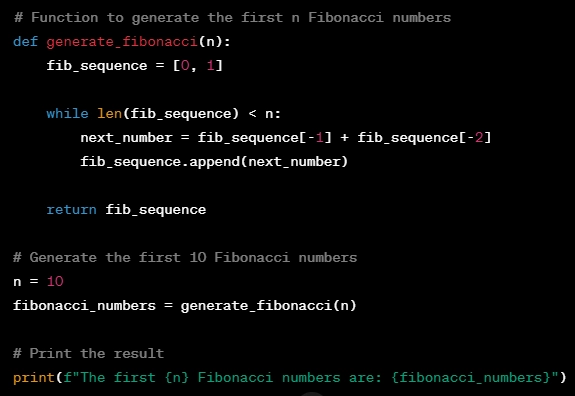
Python is a versatile language that can be used to create web applications and automate tasks. SEOs with knowledge of Python can use it to create custom tools and scripts to help with their SEO tasks.
7. XPath

In the screenshot above there is an HTML code alongside an XPath expression.
The HTML code is a list defined by <ul> tags, containing three items <li> with the text “Apple,” “Banana,” and “Cherry,” each wrapped in an <li> tag which stands for “list item.”
Below the HTML code is an XPath expression: /ul/li[3]. This XPath is designed to select the third item in the list, which is “Cherry” in this case.
The syntax /ul/li[3] directly translates to “select the third list item element from the unordered list.”
XPath is particularly useful for extracting specific data from web pages during technical SEO audits.
For instance, SEOs often use XPath with tools like Screaming Frog or Google Sheets to analyze large sets of HTML documents.
They can extract titles, meta descriptions, headings, or any other elements that are crucial for SEO analysis.
This helps in identifying issues like missing titles, duplicate content, or improperly used headings.
XPath streamlines the process of auditing and monitoring a website’s structure and content, making it easier to optimize for search engines.
8. TypeScript

TypeScript compiles to JavaScript, which is what browsers execute.
Efficiently compiled JavaScript can help improve page load times, and since page speed is an important factor, this can benefit SEO.
Developers might use TypeScript for creating scripts that run SEO diagnostic tests or to automate aspects of SEO, like generating sitemaps, although the language itself is not specifically designed for SEO tasks.
In the TypeScrip screenshot above, we see:
- The `calculateArea` function is defined with two parameters, `width` and `height`, both typed as `number`.
- The function returns a `number`, which is the calculated area of a rectangle.
- `let area` initializes a variable with the result of the `calculateArea` function, passing `10` and `20` as arguments.
- Finally, it logs the result to the console using a template literal to inject the variable `area`.
When compiled, TypeScript will check to ensure that the values passed to `calculateArea` are numbers, and it will transpile the code to JavaScript that can run in the browser or on a server.
This type-checking at compile time helps catch errors early in the development process.
While understanding these coding languages is beneficial for SEOs, it doesn’t necessarily mean that they need to be experts in them.
Basic knowledge is enough to make sure SEO tasks are done correctly and efficiently.
How to Write an SEO Code?
When writing SEO code, there are a few key points to keep in mind:
Use semantic HTML elements
This will help search engine crawlers understand the structure of your content. For example, use an <h1> tag on each page <h1>example</h1>. Make sure to use <p> and <li> tags where appropriate.
Keep URLs short and descriptive
This will help improve visibility in search engine results.
For example, use http://example.com/cat-food instead of http://example.com/category?id=45
Make sure all meta tags are present and optimized
This will help inform search engine crawlers about the content of your web pages.
For example, use a <meta> tag with the “description” attribute to provide a description of your page that will appear in search engine results. A meta tag length should be no more than 50-60 characters.
Use valid HTML and CSS
This will help improve the loading speed of web pages. For example, use a validator such as the W3C HTML Validator to make sure your HTML is well-formed.
Incorporate Schema markup for structured data
Use JSON-LD (recommended by Google) to help search engines better understand the content on your web pages. For example, a correct FAQ schema looks like this:
<script type="application/ld+json">
{
"@context": "https://schema.org",
"@type": "FAQPage",
"mainEntity": {
"@type": "Question",
"name": "Qeustion",
"acceptedAnswer": {
"@type": "Answer",
"text": "Anwer"
}
}
}
</script>
Minify HTML, CSS, and JavaScript code
This will help reduce the loading time of web pages.
For SSR – pre-render HTML
This will help to serve search engines your JavaScript code in HTML and therefore, make it much easier for them to crawl and index.
For example, implementing something like “<script>window.prerenderReady = false</script>” before the </head> tag.
Preconnect
This will help improve loading speed by establishing the connection between the browser and server before an HTTP request is made. For example, use a <link rel=”preconnect” href=”https://example.com” /> tag to make sure the connection is established.
Conclusion
SEOs need to have a basic understanding of coding languages such as HTML, CSS, JavaScript, PHP, and JSON-LD to effectively optimize web pages for better visibility in search engine results.
By understanding the basics of these languages, SEOs can make sure that their code is valid, optimized, and SEO-friendly.
Moreover, they can also use these coding languages to create custom tools and scripts that can help them with their SEO tasks.
It’s not necessary to be an expert in coding languages, but a basic understanding of them is essential for success.

Moshe Ben Haim
Moshe Ben Haim is an SEO expert and the founder and CEO of B.H Digital.
With over 7 years of experience in the field, Moshe has helped countless clients increase their visibility and reach potential customers online.
Before founding B.H Digital, Moshe worked as an SEO specialist at top-notch companies like Wix, 888 Holdings and Verbit.



